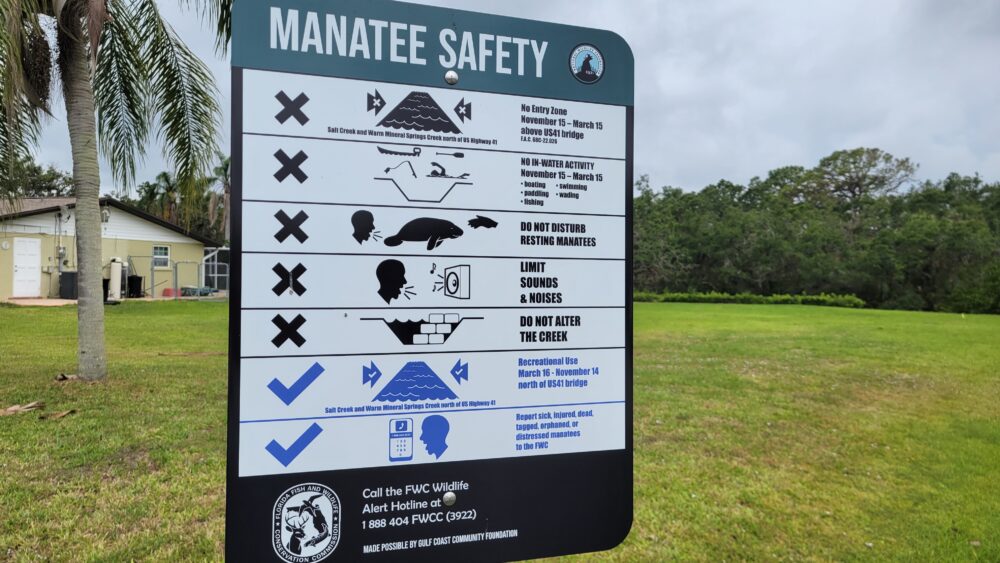We have much more to do and your continued support is needed now more than ever.
Same Difference: Unplug Your Cellphone or Skip the Bath
 Ever wonder whether your power strip or your shower timer saves more energy? David MacKay of Without Hot Air wants you to know for sure what your actions mean. In the author’s own words, "We are inundated with a flood of crazy innumerate codswallop." Ergo, the Brit’s new book, Sustainable Energy–without the hot air (free PDF download here)
Ever wonder whether your power strip or your shower timer saves more energy? David MacKay of Without Hot Air wants you to know for sure what your actions mean. In the author’s own words, "We are inundated with a flood of crazy innumerate codswallop." Ergo, the Brit’s new book, Sustainable Energy–without the hot air (free PDF download here)
is designed to demystify and contextualize the energy requirements of
practically every element of modern life, from farming to gadgets.
For example, the average six minutes of driving takes as much energy as
running a bath, which is equal to the amount of "vampire power" that
your phone charger sucks from the outlet if left plugged in for a year. It’s a telling comparison, especially considering that each of them saves less than one-twentieth of one percent of the average Londoner’s energy usage. MacKay believes that people need to be aware of their own tendency to over- and underestimate the importance of various actions. "We need simple numbers, and we need the numbers to be comprehensible, comparable, and memorable," he says. Everything in the book is therefore converted to kilowatt-hours (kWh), making comparisons like the one above easy.
The book also examines fossil fuels, their impact on the climate, and world energy supplies. Most importantly, it explores possibilities for renewable energy, analyzing each individually, and creating a straightforward consumption versus production graph, which is easy to read but meticulously researched in the details. Sadly, you’ll only see Britain’s renewables examined in depth, with fewer numbers that are globally applicable.
Now, it would be all too easy to cry hypocrite at a book which includes "without hot air" in the title and then continues for 386 pages. However, Sustainable Energy–without the hot air is eminently readable due to the author’s tongue tucked firmly in cheek, and illuminating besides. It’s also designed to be very skimmable, in case you’re pressed for time. For a healthy helping of common sense, a line-by-line comparison of the
ways we use energy, and a marked dislike for carbon offsetting and
corporate greenwashing, read the book online here.




















